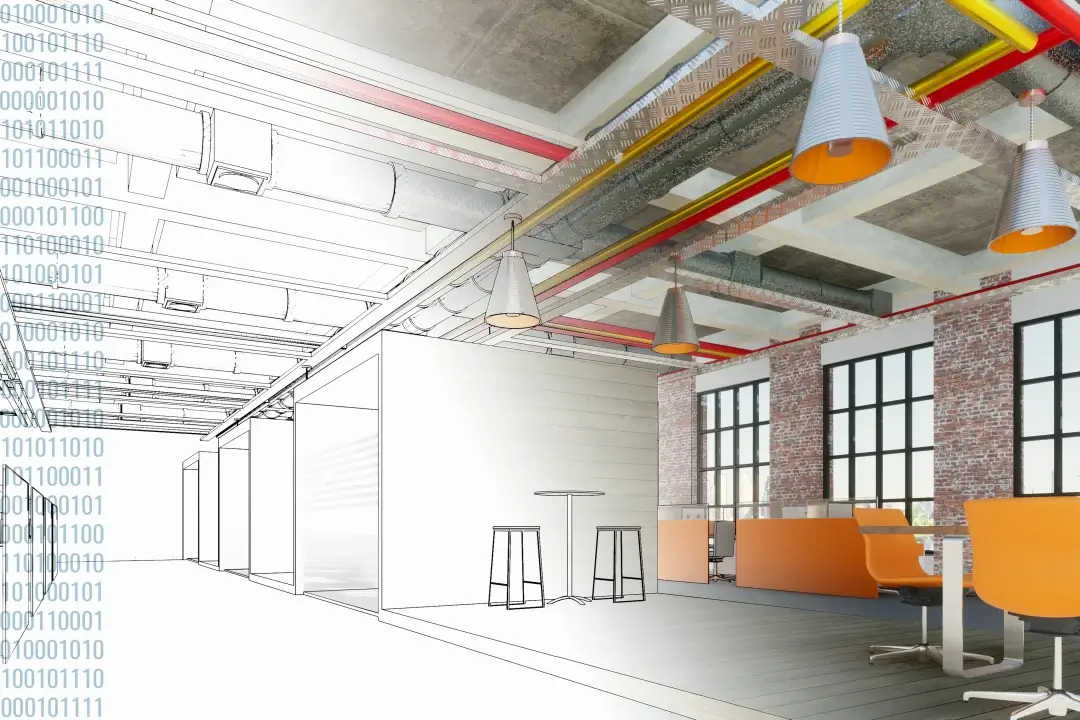By AIA Contract Documents

The new documents have three, interrelated parts:
The new documents offer greater flexibility to align with your project needs. They include:
A Digital Data Licensing Agreement (C106-2022) can be used for parties who otherwise have no existing licensing agreement relating to the use and transmission of Digital Data.
The new E201-2022 gives Project Participants the ability to explicitly permit or prohibit certain Model Versions to be enumerated as Contract Documents. The same E201-2022 is attached to all of the contracts throughout the Project, as a result all Project Participants are aligned in their understanding as to the extent of reliance on particular Model Versions. This unified understanding allows Model Authors to structure their modeling services and fees accordingly.
The E202-2022 is intended to be used when Models will be shared among all Project Participants, but E202-2022 does not permit Model Versions to be enumerated as a Contract Document. Many of the other terms of E202-2022 are similar to E201-2022.
E401-2022 BIM Exhibit for Sharing Model Solely Within the Design Team
Unlike E201-2022 and E202-2022, E401-2022 is intended to be used when Models will be shared solely within the Design Team, which is defined as “the Architect, its Consultants, Subconsultants, and Sub-subconsultants, at any tier.” In this regard, E401-2022 anticipates a more “siloed” approach to Modeling, where the Design Team creates and distributes Models within the Design Team only, and those Models are not intended to be shared with the Owner or any member of the Construction Team.
E402-2022 BIM Exhibit for Sharing Model Solely Within the Construction Team
Similar to the E401-2022, the E402-2022 anticipates a more “siloed” approach to Modeling. Specifically, the E402-2022 is intended to be used when Models will be shared solely within the Construction Team, which is defined as “the Contractor, its Subcontractors, and Sub-subcontractors, including fabricators, at any tier.” When using the E402-2022, the Construction Team can share Models within the Construction Team only, and those Models are not intended to be shared with the Owner or any member of the Design Team.
G203-2022 contains multiple fill points and is intended to stimulate conversations and document decisions surrounding how the Project Participants will utilize BIM on their Project. All of the BIM exhibits contain language requiring the Parties to adhere to their BIM Execution Plan. Acting in a similar manner to a Project schedule, although the BIM Execution Plan is not intended to be a contract exhibit, Parties are contractually obligated to adhere to its terms.
Using Levels of Development (LOD) designations, Model Authors can convey the specificity and exactness of their Model Elements and, in turn, other Project Participants with access to the Model can determine an appropriate amount of reliance on those elements. In this regard, G204-2022 provides Project Participants with a table in which they can designate LODs for various Model Elements at different Project milestones.
G205-2022 Abbreviated Model Element Table
The AIA Contract Documents Program received valuable feedback related to its 2013 documents that, while the Model Element Table contained therein was critical, it was occasionally burdensome to complete and sometimes created a hurdle to proper completion of the entire document set. As a result, the AIA Contract Documents Program created G205-2022, a Model Element Table that is abbreviated. The G205-2022 can facilitate the use of a Model Element Table by Project Participants who might otherwise not be familiar with Model Element Tables.
C106-2022 Digital Data Licensing Agreement
C106-2022 is similar to C106-2013, with some minor modifications.
The 2022 Digital Documents Guide (free download) is an in-depth description of our new BIM documents. If you have general questions about the BIM and our document development process, we recommend our BIM article series:
Part 1: How BIM Exhibits Manage Risk
Part 3: An Introduction to the New 2022 BIM Documents